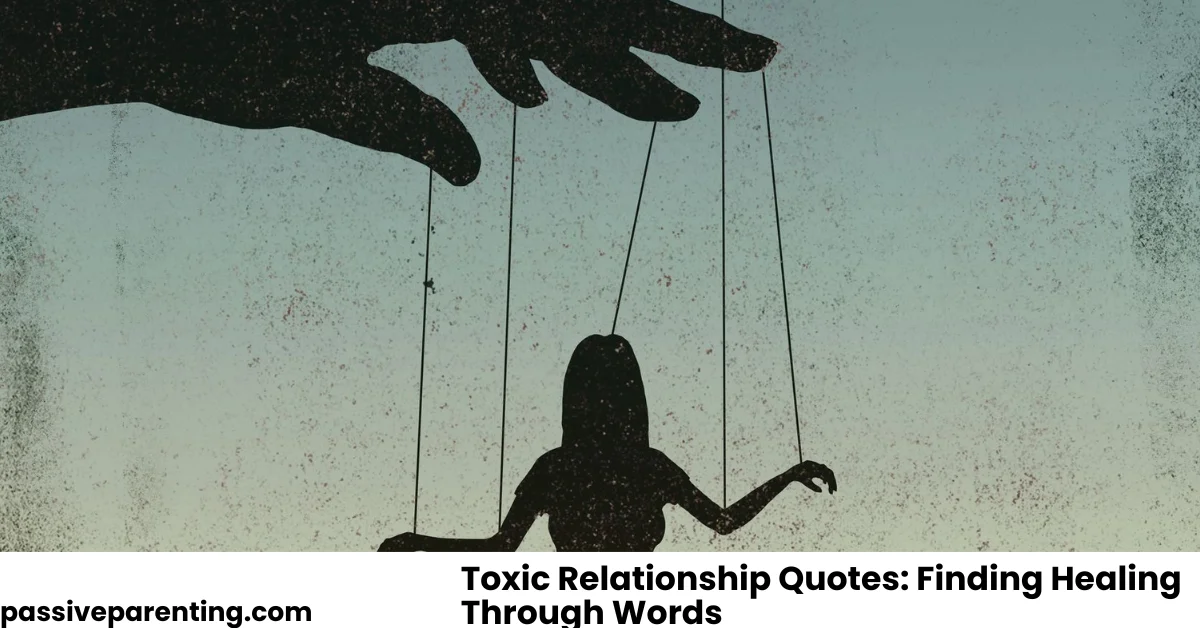At first, it feels magical, the endless compliments, constant attention, and promises of forever. Someone showers you with affection, texts you non-stop, and claims they’ve never felt this way before. But over time, that intensity starts to feel overwhelming, even uncomfortable.
This is often love bombing, a form of emotional manipulation disguised as romance or care. Learning to recognize love bombing examples can help you spot red flags early and protect your emotional well-being.
In this article, we’ll explore what love bombing really is, what it looks like in action, and how to respond if you suspect you’re being manipulated through excessive affection.
What Is Love Bombing?
Love bombing is a psychological tactic where someone overwhelms another person with affection, attention, and flattery to create emotional dependency and control.
It may look like genuine love at first but the key difference is intent. The goal of love bombing is not connection; it’s control. The person uses affection as a tool to gain influence over your emotions and decisions.
How Love Bombing Starts
Love bombing typically begins in the early stages of a relationship, whether romantic, friendly, or professional. The person showers you with praise, attention, and affection so intensely that you start to feel like you’ve found your “perfect match.”
But this intensity can quickly shift into possessiveness, guilt-tripping, or manipulation once they’ve secured your trust and attachment.
Common Love Bombing Examples
To understand love bombing better, it helps to see what it looks like in real life. Below are several detailed love bombing examples that reveal how subtle yet powerful this behavior can be.
1. Constant Communication and Attention
At first, the frequent texts and calls feel flattering. They message you “good morning” and “good night” every day, want updates about your routine, and expect quick replies.
Over time, this constant contact becomes a way to monitor and control your availability. If you take too long to respond, they may guilt you or act offended.
What makes this love bombing: The attention isn’t about caring, it’s about keeping your focus on them.
2. Over-the-Top Compliments
“You’re the most incredible person I’ve ever met.”
“I’ve never felt this way about anyone before.”
“You’re perfect, I can’t believe you’re real.”
Compliments like these can feel wonderful at first, but they often come too early and too frequently. The flattery isn’t sincere; it’s strategic. By idealizing you, they gain emotional control and make you crave their approval.
What makes this love bombing: It’s fast, excessive, and designed to create emotional dependence.
3. Rushing Emotional or Physical Intimacy
One of the strongest love bombing examples is when someone rushes intimacy. They might say “I love you” within days or talk about moving in together after a few dates.
They push for deep emotional connection quickly, leaving little room for genuine trust to develop.
What makes this love bombing: Real love takes time. When someone tries to accelerate intimacy, it’s often a tactic to create attachment before you’ve had time to see their true nature.
4. Showering You with Gifts or Grand Gestures
They surprise you with expensive presents, plan elaborate dates, or constantly “outdo” themselves. While generosity can be kind, in love bombing, it’s often used to buy affection or create a sense of obligation.
You might start feeling guilty if you don’t respond with equal enthusiasm or favors.
What makes this love bombing: Gifts are used as emotional leverage rather than acts of love.
5. Making You Feel “Chosen” or “Special”
They tell you things like, “You’re the only one who understands me,” or “No one else gets me the way you do.”
While it sounds romantic, this language isolates you and builds a false sense of exclusivity.
What makes this love bombing: It subtly pressures you to prioritize them over others, cutting off external support systems.
6. Immediate Talk of a Future Together
A classic love bombing example involves instant talk about the future, planning trips, marriage, or children within weeks.
They paint a fantasy of a perfect life together before really knowing you. This future projection feels exciting, but it’s designed to secure emotional commitment early.
What makes this love bombing: They build unrealistic expectations to bind you emotionally and gain your trust faster than normal relationships allow.
7. Sudden Withdrawal After Intense Affection
After all the attention and affection, they abruptly become cold, distant, or even critical. This shift leaves you confused and desperate to win their approval back.
What makes this love bombing: The alternating affection and rejection create emotional instability, making you cling tighter to regain their love.
Love Bombing in Different Relationships
Love bombing doesn’t only occur in romantic relationships, it can happen in friendships, families, and even professional environments.
Romantic Relationships
This is where love bombing is most common. A romantic partner may overwhelm you with passion and declarations of love early on, only to use guilt, jealousy, or manipulation later to maintain control.
Friendships
A new friend might seem overly invested constantly inviting you out, texting nonstop, and giving lavish attention. But over time, they may become possessive, critical, or manipulative if you pull away.
Family Dynamics
In families, love bombing can appear as overcompensating affection after conflict. For example, a parent might shower you with praise or gifts after being hurtful not out of remorse, but to regain emotional control.
Workplace Situations
A boss or coworker might excessively praise your work or offer perks to gain your loyalty, later using that bond to manipulate or overburden you.
Why Love Bombing Works
Love bombing works because it targets one of our most basic human needs: the desire to feel loved and valued.
The affection and validation trigger the release of dopamine and oxytocin, chemicals associated with pleasure and bonding. This makes you associate the person with happiness and security.
When the affection is suddenly withdrawn, you feel anxious and crave their approval again, creating a cycle of dependency. This emotional conditioning is what makes love bombing so powerful and damaging.
Love Bombing vs. Genuine Love
It can be tricky to distinguish between genuine affection and love bombing, especially early on. Here’s how to tell the difference:
| Love Bombing | Genuine Love |
|---|---|
| Fast-paced and overwhelming | Steady and gradual growth |
| Conditional affection | Unconditional support |
| Seeks control and dependence | Encourages independence |
| Withdraws love as punishment | Resolves conflict with empathy |
| Creates emotional confusion | Builds mutual trust and clarity |
If the affection feels rushed, excessive, or manipulative, it’s likely not love, it’s control disguised as care.
Signs You’re Experiencing Love Bombing
You may be caught in a love bombing cycle if:
- You feel pressured to respond to affection you’re not ready for.
- The person gets upset when you ask for space or time alone.
- Their behavior swings between over-the-top affection and cold detachment.
- You feel anxious about losing their approval.
These emotional ups and downs aren’t love, they’re control tactics.
The Cycle of Love Bombing
Love bombing typically follows a repeating cycle:
1. Idealization Phase
The manipulator showers you with love and attention, making you feel like you’ve met your perfect match.
2. Devaluation Phase
Once you’re emotionally attached, they start criticizing, ignoring, or guilt-tripping you.
3. Withdrawal Phase
They pull away emotionally, making you feel desperate to regain their affection which puts them back in control.
Recognizing this cycle early helps you break free before emotional harm deepens.
How to Protect Yourself from Love Bombing
Learning to recognize and respond to love bombing is key to protecting your emotional health.
Set Boundaries Early
If someone’s affection feels too intense too soon, speak up. A healthy person will respect your pace, a manipulative one will push harder.
Take Things Slowly
Real relationships take time to build. Slow down communication, delay major decisions, and see if their interest remains consistent over time.
Trust Actions Over Words
Love bombers often make big promises but rarely follow through. Watch how they behave, not just what they say.
Stay Connected to Others
Don’t let anyone isolate you from your friends or family. Outside perspectives can help you see red flags you might miss.
Listen to Your Gut
If something feels off, trust that instinct. Love should bring peace, not confusion or anxiety.
Healing After Love Bombing
If you’ve been love bombed, it’s normal to feel hurt, confused, or even ashamed but none of it is your fault. Manipulators prey on kindness and trust, not weakness.
To heal:
- Acknowledge what happened. Recognizing manipulation is the first step to breaking the cycle.
- Rebuild self-trust. Remind yourself that you are capable of setting healthy boundaries and recognizing red flags.
- Practice self-compassion. You were responding to what felt like genuine love, that’s a human reaction, not a mistake.
- Seek emotional support. Talking with trusted friends, counselors, or therapists can help you regain clarity and confidence.
Healing takes time, but each step brings you closer to peace and emotional strength.
Conclusion:
Understanding love bombing examples empowers you to recognize manipulation before it takes hold. What starts as flattery and affection can quickly turn into control and emotional exhaustion but with awareness, you can protect your peace and walk away before harm deepens.
True love doesn’t overwhelm, confuse, or demand, it listens, grows, and respects your boundaries. By trusting your instincts and taking things slowly, you can distinguish real affection from emotional manipulation and build healthier, more balanced relationships.
Remember: love should feel safe, not suffocating.




